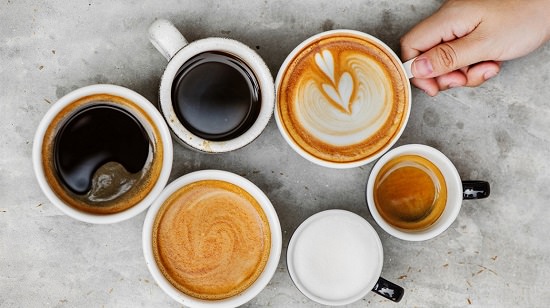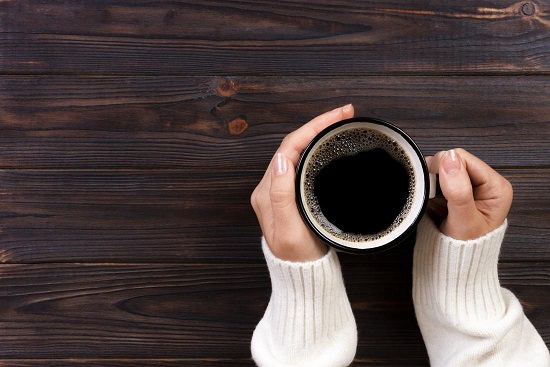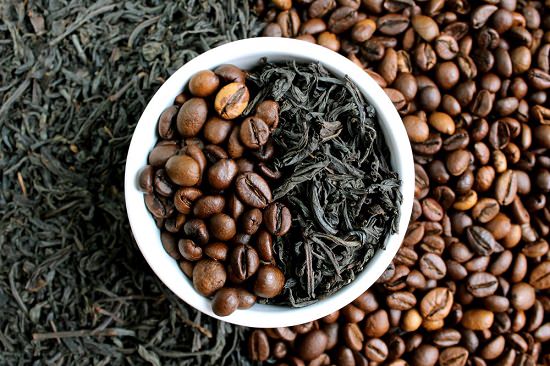Can excessive caffeine cause hair loss? Read this in-depth article to get your facts cleared about this intriguing question.
Caffeine is a naturally occurring stimulant that affects the central nervous system [CNS]. It is a psychoactive drug that acts directly on the brain. Caffeine is sourced from coffee beans, cocoa beans, tea leaves, and over 60 other plant species. Legend has it that Caffeine was first discovered by an Ethiopian shepherd, Kaldi, who noticed that his goats remained alert and awake after eating certain berries. The three most popular types of coffee beans today are Arabica, Robusta, and Liberica. But can excessive caffeine cause hair loss? Keep reading the article to know the answer and related facts.
How does Caffeine work?
In the brain, Caffeine acts on receptors A1 and A2A and blocks adenosine. Adenosine is a neurotransmitter that builds up during the day and promotes sleepiness and muscle relaxation [drowsy and tired effect]. Caffeine may increase blood adrenaline levels and improves the activity of neurotransmitters norepinephrine and dopamine [a mood-booster, producing vigilance]
Can Excessive Caffeine Cause Hair Loss
Excessive Caffeine may slow down the hair growth cycle, but there is no conclusive evidence that Caffeine causes hair loss. There is evidence that Caffeine can help stop the processes that cause baldness. When consumed in the right amounts:
Caffeine targets DHT (dihydrotestosterone) that shrinks hair follicles and causes them to stop producing hair. It promotes ATP [energy source for cells] during the active phase of hair follicle growth. Antioxidants in Caffeine stimulate healthy cell production and prevent damage from free radicals.
It is a stimulator of human hair growth; the micronutrients penetrate deep into the scalp and promote hair follicle reproduction. Caffeine speeds up the hair growth cycle and significantly increases hair length.
As a result, Caffeine has become a sought-after ingredient in hair care products and hair loss treatments.
Caffeine Consumption
Safe daily intake of Caffeine, for a healthy adult, can go up to 400mg distributed throughout the day. Typically, this is 4 cups of coffee to be taken at 8-hour intervals to stimulate the Central Nervous System effectively.
Based on the method of preparation, the amount of Caffeine per serving [240ml] can vary:
- Espresso:240–720 mg
- Coffee: 102–200 mg
- Energy drinks: 50–160 mg
- Brewed tea: 40–120 mg
- Soft drinks: 20–40 mg
Fatal overdoses have been reported with a single 500mg dose of Caffeine. Overdose symptoms include hallucinations, confusion, vomiting. Pregnant women should also limit their daily intake to ≤ 200mg.
Ill effects of Caffeine
Ingesting Caffeine regularly, for extended periods, or in high doses [>400mg per day] can produce the following ill-effects:
- Anxiety and nervousness, with increased heart rate and stress levels
- Insomnia:
It is important to keep track of the amount and timing of caffeine intake. Avoid drinking caffeine closer to bedtime.
3. Digestive disturbances:
Caffeine has a laxative effect via the release of the hormone gastrin. It may also worsen Gastroesophageal reflux disease (GERD).
4. Rhabdomyolysis:
Rhabdomyolysis is a condition in which damaged muscle fibers enter the bloodstream, leading to kidney failure and other problems.
5. Elevated blood pressure: the effect is temporary but may need to be monitored.
6. Increased heart rate and altered rhythm, effects are case-dependent.
7. Rebound fatigue after the stimulant effect wears off.
8. The stimulatory effect on the bladder increases urinary frequency and urgency. Incontinence may also result in extreme cases.
9. Addiction:
It can become habit-forming, leading to physical and psychological dependence in high doses. Psychologists are concerned that caffeine abuse in young people may also lead to problematic alcohol and drug use.
Healthier Beverage Choices:
1. Lemon water- Mix a few drops of lemon in lukewarm water and drink first thing in the morning. This will not only energize you but will also flush out the toxins from your body and will aid in weight loss.
2. Chicory root[Caffeine free] coffee – Check out this quick recipe to make this coffee-like drink that doesn’t have caffeine that can impact your health.
3. Matcha green tea – Make the tea with this easy recipe.
4. Golden milk – Check out the recipe here.
5. Kombucha – Made by fermenting black tea with bacteria, yeast, and sugar. Here’s the recipe.
6. Apple cider vinegar – Add 2 tablespoons of apple cider vinegar to 1 cup of water and drink it. You can add it in either lukewarm water or cold water as per your liking.
7. Ginseng Tea: An energy-replenishing tonic in Chinese medicine, check out the recipe here.
End Notes
It’s better to drink caffeine in moderation to avoid all the ill effects that it poses to your body. If you’re addicted to caffeine, it’s always better to avoid drinking caffeinated drinks and opt for caffeine-free drinks.




